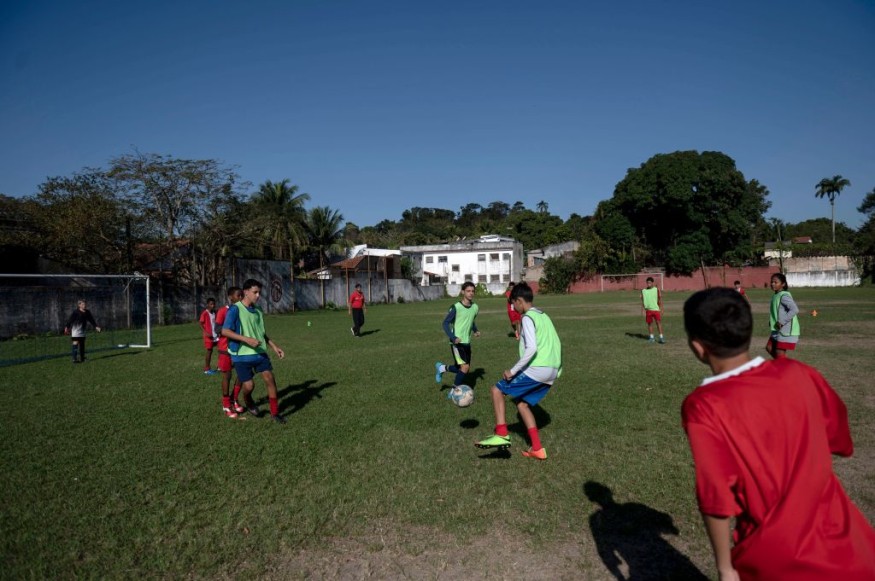Brazil: Is Soccer a Religion in the South American Country?

In Brazil, one aspect of its culture that is treated almost as a religion is soccer, or as Brazilians call it, futbol.
For many Brazilians, it is more than a sport and a way of life. The "beautiful game" is a way out of poverty for them. It also gives them a sense of purpose apart from an opportunity to shine. For others, it is a chance to simply meet new people.
In Brazil, soccer is played everywhere, according to ONE Moving. It is a sport that is not only played by men but also by women, as well as boys and girls, who often learn the sport at a young age.
READ NEXT : World Cup 2026: Check If Your City in US, Mexico and Canada Will Be Hosting the FIFA World Cup!
The Heartbreak in 1998 World Cup Showed How Much Brazil Loves Soccer
The World Cup is often considered the highest state of soccer in Brazil. For many in the country, it's either winning the World Cup or nothing else.
That was proven during the 1998 World Cup when Brazil met France in the final match of the biggest soccer tournament on Earth.
According to The Free Press Journal, Brazilians were expected to win that match. However, when France scored the first goal, many were distraught. When France finally won that match, many were inconsolable.
On the day of that game, Brazilians were ready to party. Trucks were already arriving with food and drinks ready for a celebration of yet another Brazilian World Cup victory.
Everyone was ready to party. However, their national team lost, and the party in the streets did not happen. The streets were deserted that night, which was described as "ghostly silent."
The World Cup only happens once every four years, much like the Olympics. However, whenever a World Cup year arrives, Brazil suddenly turns to a sea of yellow and green, with the entire country sporting the national colors in support of the national team.
Corporations have also become more flexible with working hours, letting their employees go home early to see the games. Whenever Brazil has a match, many offices don't even open and give their employees a holiday.
Brazilian Football Also Tied With Religious Movements
There had been an evangelical movement in Brazil, especially with the country's professional football players. Many, such as Kaka and Lucio, are known for their strong religious beliefs. That became quite a problem for FIFA in 2009.
In the same year, Real Madrid forward Kaka and captain Lucio revealed T-shirts with devout slogans during the Confederations Cup final.
That led Brazil to remind Brazilian players that personal, religious, or political displays were banned on the soccer pitch. They even sent a warning letter to the Brazilian football federation.
The Daily Mail reported that Brazil managed to escape any sanction that year, but it made clear that in the soccer-crazed country, there truly was a thin line between sport and religion.
This article is owned by Latin Post.
Written by: Rick Martin
WATCH: Are Brazil FAVOURITES For The World Cup? | Explained - From Euro Football Daily
Subscribe to Latin Post!
Sign up for our free newsletter for the Latest coverage!
© 2026 Latin Post. All rights reserved. Do not reproduce without permission.















